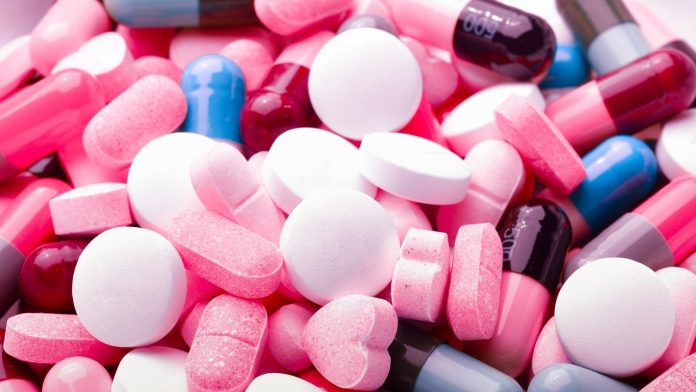
There is a free and anonymous drug testing program in Berlin that is currently going through a sticky situation. According to German news outlet RBB, there are between 30% to 50% of tested drugs in the program that now have warnings on them. This Berlin drug testing program began in June and the Senate Department of Health announced it on the 6th of that same month. Since then, it collected a total of 428 samples. The scientists collected the samples at a rate of 47 samples per week. However, the warnings came along and it included analyses of unknown substance mixtures and extremely high dosages.
Challenges After the Warnings
When the Berlin drug test program began, its goal was to reduce excessive drug abuse, as well as to conduct research on drug consumption in the German capital. Some of the most well-known drugs that were studied in this program were ecstasy, cocaine, LSD, speed, and much more. Furthermore, because of the sensitivity of this program, there were about 380 potential users that had been rejected. The approved users range from people who take daily doses to people who take them at parties, raves, concerts, and music festivals.
Addiction consultants and scientists alike conduct examinations on the drugs to determine how dangerous the drugs can become (depending on the level of dosage). The Berlin drug test program’s strong emphasis on anonymity can encourage more potential volunteers to take part in the program, especially since it’s also free. One potential impact that this program can bring out would be more public knowledge on how strong certain drugs can become, especially on how much someone consumes them. The more knowledge one has about the effects of a certain drug, the more they can motivate their fellow ravers/concertgoers/festival attendees to take things in moderation.





